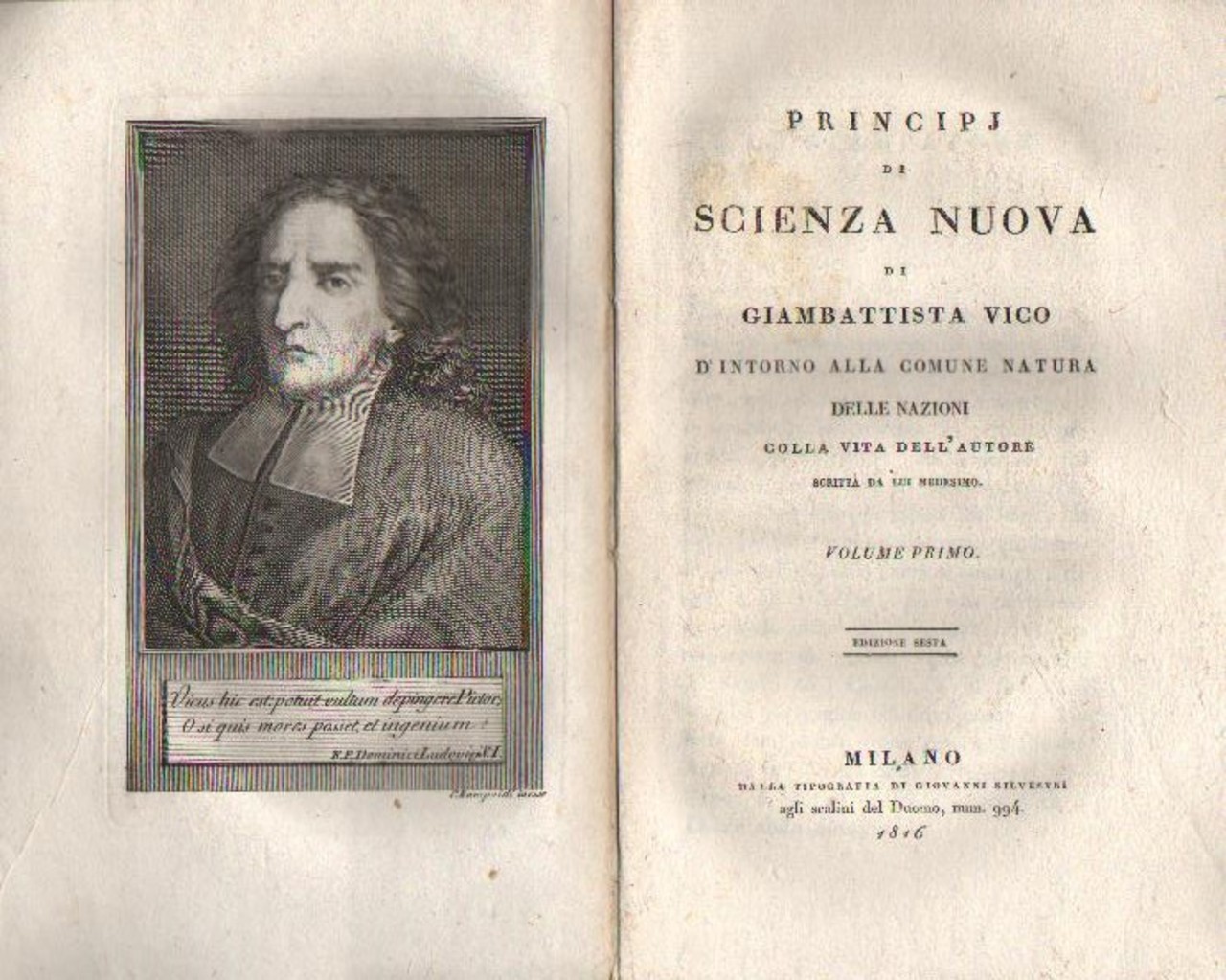
I’m old enough to have been right in the middle of the cultural, political and social turmoil of the nineteen sixties, and amidst the world’s current upheavals I sometimes feel as if history is repeating itself.
It’s not difficult to make comparisons about then and now; racial and social unrest, violence of police authority and use of power, increased riots and demonstrations; uncertain war in foreign lands dragging on for years, sapping resources and killing thousands; gender-related controversy about rights and citizenship; widespread drug use and pervasive crime associated with illegal drugs; growing poverty, homelessness, and inadequate programs to insure domestic tranquility; increased awareness of the importance of environmental issues; and finally, political polarization and the ascendancy of leaders unfit to hold high political office. The comparisons are apt.
Yet, though many points of favorable comparison can be made, there are also significant differences. The nature of technology and communication has completely changed with web-related and digital services now widely available to ordinary citizens; women and members of the LGBTQ community generally enjoy more favorable legal status; the global population has effectively doubled from 3.5 to nearly 7 billion people, accompanied by heightened globalized trade and growing corporate power; and finally, climate change due to greenhouse gas emissions which is radically altering global weather patterns and quickly raising land and ocean temperatures.
Notably, it’s important to remember that when it comes to drawing parallels, as historian Jacques Barzun observes, “likeness is not sameness.” Times and events can seem eerily familiar, but each period of history he notes “wears its own dress and raises images peculiar to itself.” The common element that resonates, of course, is the human element – periods driven by growing dissatisfaction due to any number of causes (but mostly economic) which results in unrest and often, violent revolution.
The humanist, Italian philosopher Giambattista Vico (1668-1744) believed that history moves through repeated cycles, ceaselessly coursing well-trodden paths over time. A good case can be made in favor of Vico’s observation, with the proviso that human history is not circular, but spiral. With each transit across history, we find ourselves experiencing “likeness,” but these episodes occur at differing points in the spiral of time and space. Though the nature of being human does not change, the context of being human does, which is why such times are not “sameness.”
Thus it it important see the larger picture, the ground upon which our human drama is performed, lest we fall into either the complacent cynicism of familiarity or the fearful panic of blame and confusion. Again, likeness, after all, is not sameness.
Conventional wisdom teaches that “one who forgets history is doomed to repeat it,” and we are undeniably and unfortunately very forgetful. However, we now face a ground of circumstances unlike any human society has faced before: the pressure of supporting 7-billion people combined with the unpredictable effects of rapid climate change. These circumstances are game changers, and every element of and system within human society will be forced to adapt.
During the past 500 years, revolutions were centered primarily on issues of power, poverty, property, emancipation and individuality; population growth and climate change render them secondary. Today, evolution not revolution is called for, and there’s no time to waste; given current conditions, it may not simply be that history’s repeated, but may come to its end.